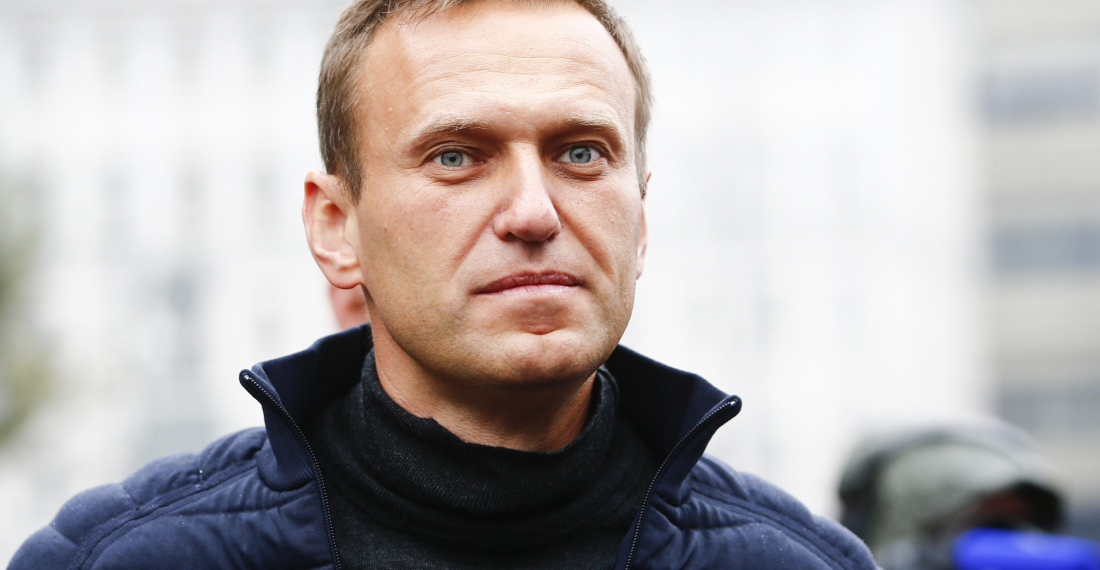The imprisoned Russian opposition leader, Alexei Navalny, has won the prestigious Sakharov Prize for Freedom of Thought, awarded annually by the European Parliament. The award was announced on Wednesday (20 October). Parliament awards the honorary prize to people and institutions that promote human rights and fundamental freedom of thought.
Navalny is receiving the Sakharov Prize for his "immense courage" in fighting against corruption in the regime of Russian President Vladimir Putin, said the President of the European Parliament, David Sassoli. "This has cost him his freedom and almost his life."
The opposition leader was poisoned in August 2020 with Novichok, a nerve agent available to the Russian government. It points to a Kremlin role, but the government denies this. He was flown to Germany for treatment. After returning to Russia he was arrested. In February this year, he was sentenced by the Moscow court to more than two and a half years in prison. Navalny is currently serving his prison sentence in a high-security penal colony. He has always said that the charges against him were fabricated. Europe once again calls on Russia to release Navalny.
The winner of the Sakharov prize will receive 50,000 euros. The award will be presented on 15 December 2021. However, Navalny still has to serve more than two years of his sentence and will not be able to collect it himself.
The human rights prize is named after Soviet dissident and Nobel laureate, Andrei Sakharov, and has been awarded since 1988. Last year the prize went to the female leaders of the opposition in Belarus.







